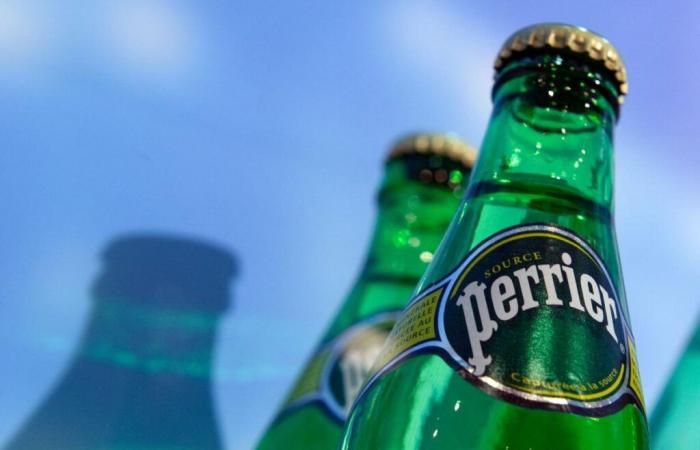The report highlights the presence of microbiological results “unusual for natural mineral water”. Contrary to what the regulations require, micro-organisms are also present in raw water. Last April, the Nestlé group had already stopped the production of one-liter Perrier bottles to concentrate on smaller containers following the discovery of several drilling sites showing traces of contamination.
Filters to hide contamination
To cope with the insufficient quality of its water resources, the factory would have used filters intended to camouflage the contamination of its raw water and thus allowing the brand to continue to sell its bottles commercially as mineral waters. natural. However, these microfilters with a very tight mesh are “not regulatory” according to l’ARS.
Nestlé having recognized the use of these filters in 2021 according to Radio France, several warnings were then issued in particular by the general inspection of social affairs (IGAS) or the National Health Security Agency (ANSES) in the face of ” virological risk” incurred. Indeed, according to the ARS, the microfilters used “have no retention effect on viruses”.
Despite these warnings, the government of Élisabeth Borne decided in February 2023 to authorize the company to use non-compliant microfilters, according to information from the Radio France investigation unit. From now on, the ARS is considering « a cessation of the production of natural mineral water on the Vergèze site”. To know its fate, the factory must now wait for the Gard prefecture to decide on the request for renewal of the operating authorization for the source of the trademark filed in October 2023 by Nestlé.
France






